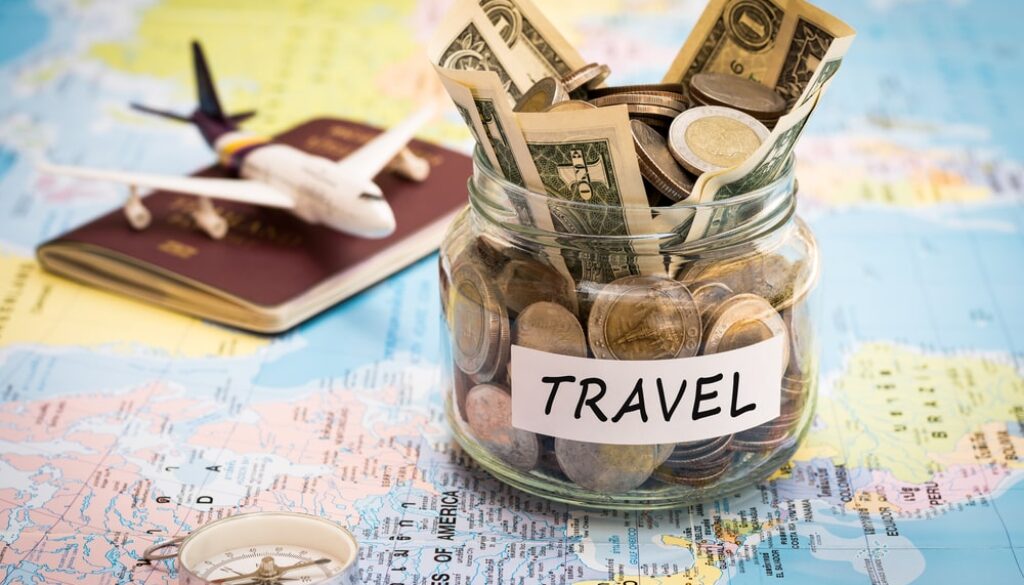Budgeting for Your Dream Trip: A Step-by-Step Guide
Planning a trip can be an exciting endeavor, filled with anticipation and adventure. However, without proper budgeting, your dream vacation could turn into a financial nightmare. In this blog post, we’ll explore how to budget effectively for a trip, ensuring that you can enjoy your travels without breaking the bank.
1. Define Your Goals and Priorities
The first step in budgeting for a trip is to clearly define your goals and priorities. Ask yourself questions like:
- What type of trip do I want (e.g., relaxing beach vacation, adventurous backpacking trip, cultural exploration)?
- How long do I want to travel for?
- What destinations do I want to visit?
- What activities and experiences are a must-have?
By understanding your travel goals and priorities, you can start to estimate the overall cost of your trip and allocate your budget accordingly.
2. Research Destination Costs
Once you have a rough idea of your travel plans, it’s time to research the costs associated with your chosen destinations. Consider expenses such as:
- Accommodation (hotels, hostels, vacation rentals)
- Transportation (flights, trains, rental cars, public transportation)
- Food and dining
- Activities and attractions
- Travel insurance and miscellaneous expenses
Websites like TripAdvisor, Airbnb, and local tourism boards can provide valuable insights into the average costs of travel-related expenses in your destination.
3. Create a Detailed Budget
Armed with information about destination costs, create a detailed budget for your trip. Break down your budget into categories such as:
- Transportation: Include costs for flights, train tickets, rental cars, and local transportation.
- Accommodation: Estimate costs for lodging based on your preferred type of accommodation (e.g., budget hotels, luxury resorts).
- Food and dining: Allocate a daily budget for meals, including dining out and groceries if applicable.
- Activities and attractions: Budget for excursions, tours, museum tickets, and other activities you plan to participate in.
- Miscellaneous expenses: Set aside funds for unexpected costs, souvenirs, tips, and emergencies.
- Contingency fund: It’s wise to have a buffer amount for unexpected expenses that may arise during your trip.
4. Monitor and Adjust Your Budget
Once your trip begins, it’s important to monitor your spending and adjust your budget as needed. Keep track of expenses using a travel budgeting app or a simple spreadsheet. Regularly review your budget to ensure you’re staying within your limits.
If you find that you’re exceeding your budget in certain areas, look for ways to cut costs. This could involve opting for cheaper dining options, using public transportation instead of taxis, or finding free or low-cost activities to enjoy.
5. Be Flexible and Resourceful
Flexibility and resourcefulness can go a long way in sticking to your travel budget. Look for deals and discounts on flights, accommodation, and activities. Consider traveling during off-peak seasons or booking last-minute deals for potential savings.
Additionally, be open to alternative accommodation options such as homestays, hostels, or vacation rentals, which can often be more budget-friendly than traditional hotels.
6. Plan for Souvenirs and Gifts
While it’s essential to stick to your budget, don’t forget to allocate funds for souvenirs and gifts. These mementos are a meaningful way to remember your trip and share experiences with loved ones back home. However, set a reasonable budget for souvenirs to avoid overspending.
7. Review Your Budget After Your Trip
After returning from your trip, take the time to review your budget and assess your spending. Did you stick to your budget, or did you exceed it in certain areas? What lessons can you learn for future trips? Use this reflection as a learning opportunity to improve your budgeting skills for future travels.
In conclusion, budgeting for a trip requires careful planning, research, and flexibility. By defining your goals, researching destination costs, creating a detailed budget, monitoring your spending, and being resourceful, you can enjoy a memorable trip without financial stress. Happy travels!
By following these steps, you can create a comprehensive budget that allows you to enjoy your trip without worrying about overspending. With careful planning and research, you can make the most of your travel budget and create lasting memories.


